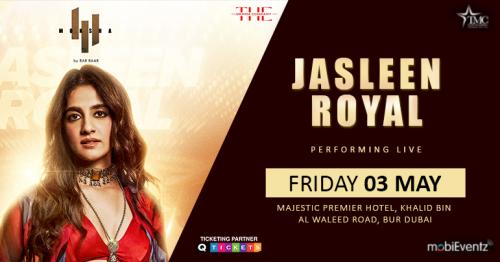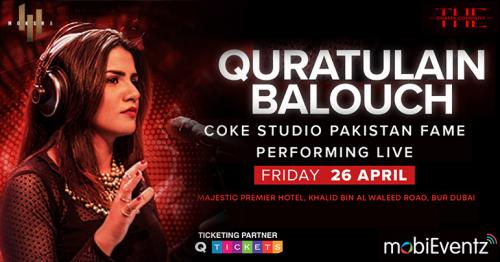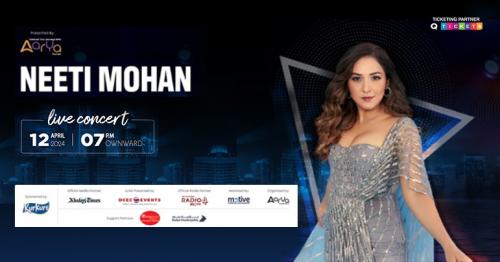UAE Delights: Fascination at Every Turn

The United Arab Emirates (UAE) is a country with a rich history, remarkable achievements, and unique cultural aspects. While it has become widely known for its futuristic cities, awe-inspiring skyscrapers, and luxurious lifestyle, there are several lesser-known facts about the UAE that are worth exploring. From its ancient roots to its modern innovations, let's delve into some intriguing aspects of this remarkable nation.
Name Origins: The name "Emirates" is derived from the Arabic word "Emir," which means "ruler" or "leader." The UAE is a federation of seven emirates, each governed by its own ruler, known as an Emir. The seven emirates are Abu Dhabi, Dubai, Sharjah, Ajman, Umm Al-Quwain, Ras Al Khaimah, and Fujairah.
Falaj System: The UAE boasts an impressive ancient irrigation system called "falaj." This traditional method of irrigation involves underground channels that carry water from distant sources to agricultural fields and settlements. The falaj system has been crucial in sustaining life in the arid desert regions for centuries.
Pearl Diving Heritage: Before the discovery of oil, the UAE's economy primarily relied on pearl diving and fishing. The coastal communities were skilled pearl divers and traded pearls with other regions. However, with the introduction of cultured pearls in the 1930s and the decline in natural pearl resources, the industry diminished.
Bilingual Nation: Arabic is the official language of the UAE, but due to its cosmopolitan nature and expatriate population, English is widely spoken and serves as the second language. Signs, official documents, and educational materials are often bilingual, reflecting the country's multicultural identity.
Police Fleet of Supercars: The UAE is known for its opulence, and this extends to its law enforcement. The Dubai Police, in particular, is renowned for its fleet of luxury and supercars used for patrolling the city. Vehicles like Lamborghinis, Ferraris, and Bentleys are part of their impressive fleet.
Tolerance and Diversity: The UAE prides itself on being a diverse and tolerant nation. In 2019, the UAE appointed the world's first Minister of State for Tolerance to promote inclusivity and understanding among different cultures and religions.
Date Palm Trees: Date palms are an integral part of the UAE's heritage and economy. Historically, these trees were vital for food, shelter, and shade. The UAE has taken initiatives to preserve and protect date palm trees, including establishing a Date Palm Research Center to ensure their sustainable cultivation.
Skyscraper Hub: The UAE is home to some of the tallest buildings in the world, including the iconic Burj Khalifa in Dubai, which held the title of the tallest structure globally since its completion in 2010.
The United Arab Emirates (UAE) is a country with a rich history, remarkable achievements, and unique cultural aspects. While it has become widely known for its futuristic cities, awe-inspiring skyscrapers, and luxurious lifestyle, there are several lesser-known facts about the UAE that are worth exploring. From its ancient roots to its modern innovations, let's delve into some intriguing aspects of this remarkable nation.
Name Origins: The name "Emirates" is derived from the Arabic word "Emir," which means "ruler" or "leader." The UAE is a federation of seven emirates, each governed by its own ruler, known as an Emir. The seven emirates are Abu Dhabi, Dubai, Sharjah, Ajman, Umm Al-Quwain, Ras Al Khaimah, and Fujairah.
Falaj System: The UAE boasts an impressive ancient irrigation system called "falaj." This traditional method of irrigation involves underground channels that carry water from distant sources to agricultural fields and settlements. The falaj system has been crucial in sustaining life in the arid desert regions for centuries.
Pearl Diving Heritage: Before the discovery of oil, the UAE's economy primarily relied on pearl diving and fishing. The coastal communities were skilled pearl divers and traded pearls with other regions. However, with the introduction of cultured pearls in the 1930s and the decline in natural pearl resources, the industry diminished.
Bilingual Nation: Arabic is the official language of the UAE, but due to its cosmopolitan nature and expatriate population, English is widely spoken and serves as the second language. Signs, official documents, and educational materials are often bilingual, reflecting the country's multicultural identity.
Police Fleet of Supercars: The UAE is known for its opulence, and this extends to its law enforcement. The Dubai Police, in particular, is renowned for its fleet of luxury and supercars used for patrolling the city. Vehicles like Lamborghinis, Ferraris, and Bentleys are part of their impressive fleet.
Tolerance and Diversity: The UAE prides itself on being a diverse and tolerant nation. In 2019, the UAE appointed the world's first Minister of State for Tolerance to promote inclusivity and understanding among different cultures and religions.
Date Palm Trees: Date palms are an integral part of the UAE's heritage and economy. Historically, these trees were vital for food, shelter, and shade. The UAE has taken initiatives to preserve and protect date palm trees, including establishing a Date Palm Research Center to ensure their sustainable cultivation.
Skyscraper Hub: The UAE is home to some of the tallest buildings in the world, including the iconic Burj Khalifa in Dubai, which held the title of the tallest structure globally since its completion in 2010.






Comments